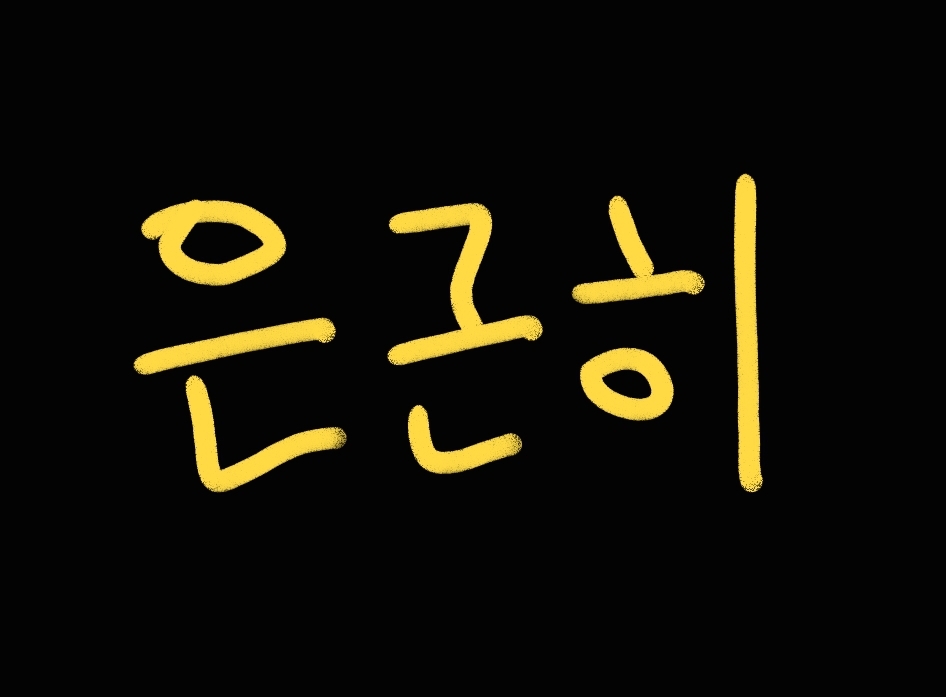2025. 3. 9. 21:33ㆍ외국어/한국어

🇰🇷 오늘의 단어 "은근히"/Today's Word: "은근히"
Doesn't the word "은근히" feel subtly confusing?
✔ "그 사람이 은근히 신경 쓰인다."
➡ I don’t show it outwardly, but I keep thinking about that person.
✔ "이 요리, 은근히 손이 많이 가네."
➡ This dish looks simple, but it actually takes quite a lot of effort to make.
There are many interesting adverbs in Korean. Among them, the word "은근히" is one that foreign learners often find confusing. It seems similar to "조금" (a little), but also resembles "꽤" (quite), and sometimes even gives the nuance of "몰래" (secretly). If you're not sure when to use it naturally, let's break it down!
1. What does "은근히" mean?
According to the dictionary, it means "somewhat deeply and subtly, without being outwardly noticeable."
To put it simply, it describes something that isn’t obvious at first but actually has a considerable presence or effect beneath the surface.
♤♡◇♧
2. Comparison with similar expressions
(1) "좀/약간" vs. "은근히"
📌 "좀/약간": Simply means "a little" without any deeper nuance.
📌 "은근히": Something that doesn’t seem significant at first but actually has more depth or presence.
♡◇♤♧
(2) "꽤" vs. "은근히"
📌 "꽤": Indicates a higher degree than expected, something clearly noticeable.
📌 "은근히": Not as strong as "꽤," but still has a subtle presence that isn't obvious at first.
♧◇♡♤
3. How to use "은근히" naturally
For foreign learners, the best way to grasp "은근히" is by understanding that it falls between "a little" (약간) and "quite" (꽤).
♤♡◇♧
4. Conclusion: "은근히" is more useful than you think!
The word "은근히" is incredibly useful for expressing subtle emotions or situations where something is not immediately apparent but still has an impact.
Try using "은근히" more often in your conversations!
'외국어 > 한국어' 카테고리의 다른 글
| 🇰🇷 TOPIKII reading [1] (0) | 2025.04.01 |
|---|---|
| 🇰🇷낯설다 vs. 낯익다 – Easily Learn Korean! (0) | 2025.03.09 |
| 설레다 vs 떨리다 in Korean (1) | 2025.03.09 |
| 🇰🇷🇬🇧 워딩 vs wording, what do you think? (0) | 2025.02.22 |
| 🇰🇷What is "유음화" (Lateralization) in Korean? (0) | 2025.02.13 |